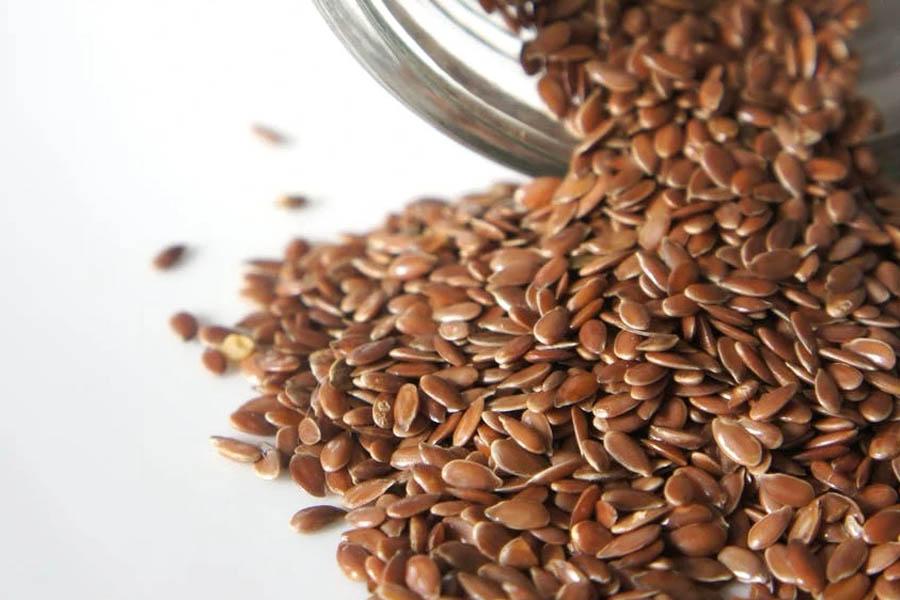
Everything you need to know about B-vitamins.
Share
At Nourished, we focus on our favourites - B3, B6 and B12 - but they all have important roles to play in achieving optimum health.
First, let’s take a step back: what is a vitamin, anyway?
According to Wikipedia, it’s an “organic molecule that is an essential micronutrient that an organism needs in small quantities for the proper functioning of its metabolism.”
The organism we’re concerned with is ourselves - humans - and the metabolism is the system of chemical interactions that occurs within our bodies to keep us alive. There are thirteen vitamins humans need to keep them alive. Eight of those are B-vitamins.
We’re big fans of three in particular, the best of the Bs:
- B3 (niacin)
- B6 (pyridoxine)
- B12 (cyanocobalamin)
They’re the ones you’ll find in our Nourished B Blend. The others are:
- B1 (thamine)
- B2 (riboflavin)
- B5 (pantothenic acid)
- B7 (biotin)
- B9 (folate)
If you’re wondering why the numbering system is a little wonky, there’s a good reason. Back in the day, there used to be B-vitamins 4, 8, 10, 11, and more, but they were ‘retired’ after discoveries revealing they were either not ‘essential for life’ nor made in the body - the two qualifiers for something to be classified as a vitamin.
Many of them are important compounds for the body - for example, inositol, formerly known as Vitamin B8, helps balance certain chemicals interactions in the body. (It’s now known as a vitamin-like compound.)
What are the benefits of B-vitamins?
Let’s have a look in more detail at what each vitamin does for the body.
Vitamin B3 - also known as niacin, this nutrient is used all throughout the body.
It’s available in foods such as meat, fish and nuts.
It’s known for lowering levels of ‘bad’ LDL cholesterol and increasing levels of ‘good’ HDL cholesterol. It helps to lower triglycerides and reduces oxidative stress and inflammation (reducing the risk of heart disease).
B3 is vital for healthy brain function, too, and has been linked with potential positive outcomes in the treatment of neurological disorders like schizophrenia and Alzheimer’s disease.
Finally, it helps protect skin cells from being damaged by the sun, and can potentially act as a defence against certain types of skin cancer.
Vitamin B6 - also known as pyridoxine, this critically important compound boosts energy levels and plays an important part in mood regulation. It’s found in foods such as fish, poultry, nuts, and legumes.
B6 plays a part in creating neurotransmitters (for optimum brain function), particularly those involved in regulating emotions (eg serotonin, dopamine and GABA) - which means it could be helpful in reducing symptoms of depression for those who are deficient.
Vitamin B6 plays an important role in cardiovascular health, and is linked with lowering the risk of coronary artery disease, heart attacks. It may prevent anemia (by supplementing haemoglobin production) and may help prevent certain types of cancer.
There are links between B6 and improved eye health in old age, and it also helps maintain liver and metabolic functions.
Vitamin B12 - also known as cyanocobalamin, this multi-talented compound provides a wide variety of benefits.
B12 can be found in foods such as meat, fish, eggs, dairy products, and fortified foods like breakfast cereals. This means that supplementation is particularly important for those on vegan diets, as it’s mostly found in animal foods.
B12 is involved with the production of DNA, the health of nerve cells and energy regulation. It also plays a part in the metabolism of carbohydrates, proteins and lipids (fats) - pretty much everything you get energy from.
It’s also essential for the production of blood cells in bone marrow.
Too little and too much
B-vitamin deficiency can have a number of effects depending on which particular one is missing from the body:
- B3 - memory loss, fatigue, depression, headache, skin problems. Severe niacin deficiency is known as pellagra but isn’t common in developed nations.
- B6 - deficiency of B6 can cause depression and mood swings, skin problems, weakened immune function, and low energy.
- B12 - signs of a lack of this vitamin would be unusually pale skin, fatigue, mood changes, lowered mobility and dizziness.
As for overdoing it, it’s pretty difficult to do for any B-vitamin. It’s almost impossible to have too much through food, as B-vitamins are water-soluble and are passed out of the body through excretion. This is why you might see energy drinks that contain 8000% of your recommended daily intake of Vitamin B12 - it’s just not dangerous to go that high. However, this means B-vitamins aren’t stored in the body to a large extent, so consistent, sensible intake is important (which is why we recommend supplementation).
If you did overdo things (by taking a ridiculously large amount of supplements), you’d probably experience nausea and some restlessness.
Supplement to succeed
So that’s the low-down. Where would we be without B-vitamins?
While B-vitamins are available in various foods, supplementation is a good idea for anyone looking to make sure they’re getting enough. It’s not always possible to track the contents of your diet - especially if you’re living a high-octane lifestyle - so a supplement is an easy way to get peace of mind about your body’s overall health.
Nourished B Blend is available to add to your personalised gummy stack. It’s a mixture of the best B-vitamins (B3, B6 and B12) to keep your body, mind and metabolism operating at peak performance. This chewable gummy supplement has a delicious pineapple taste - why not try it in your next stack?